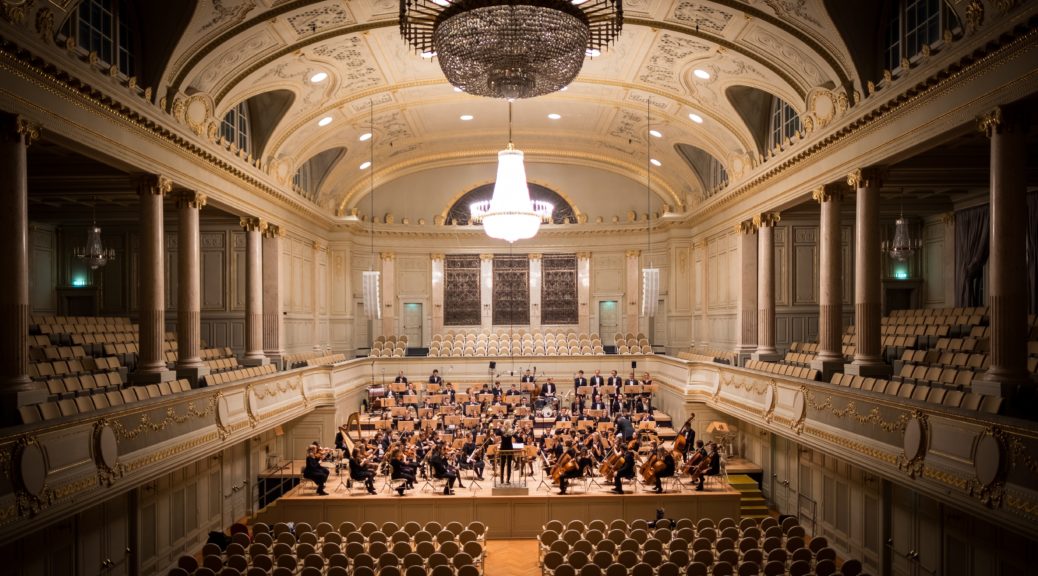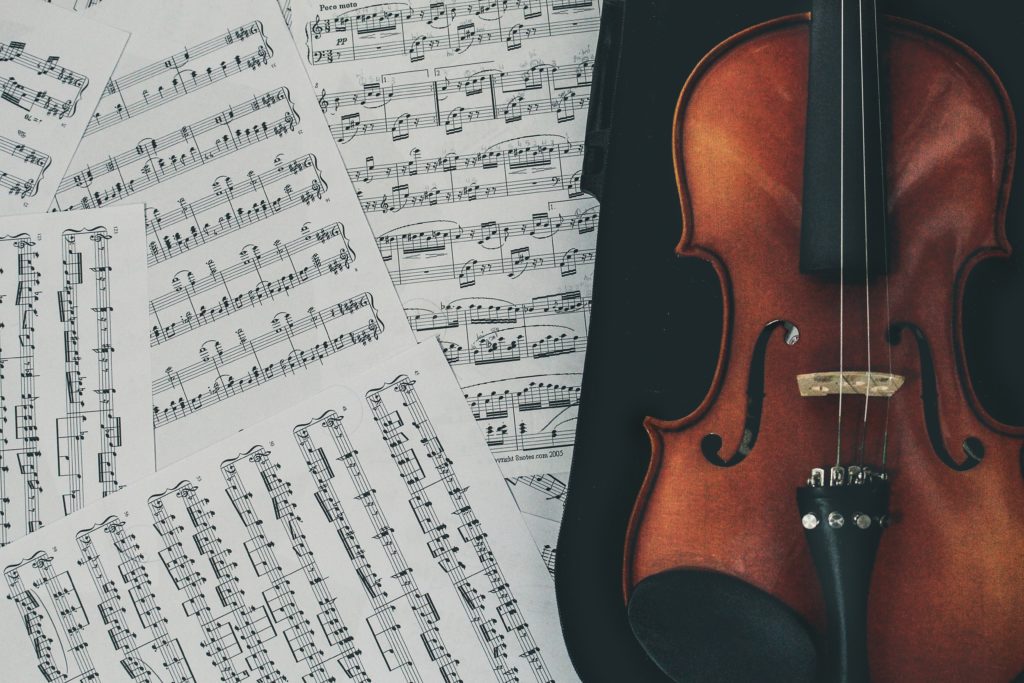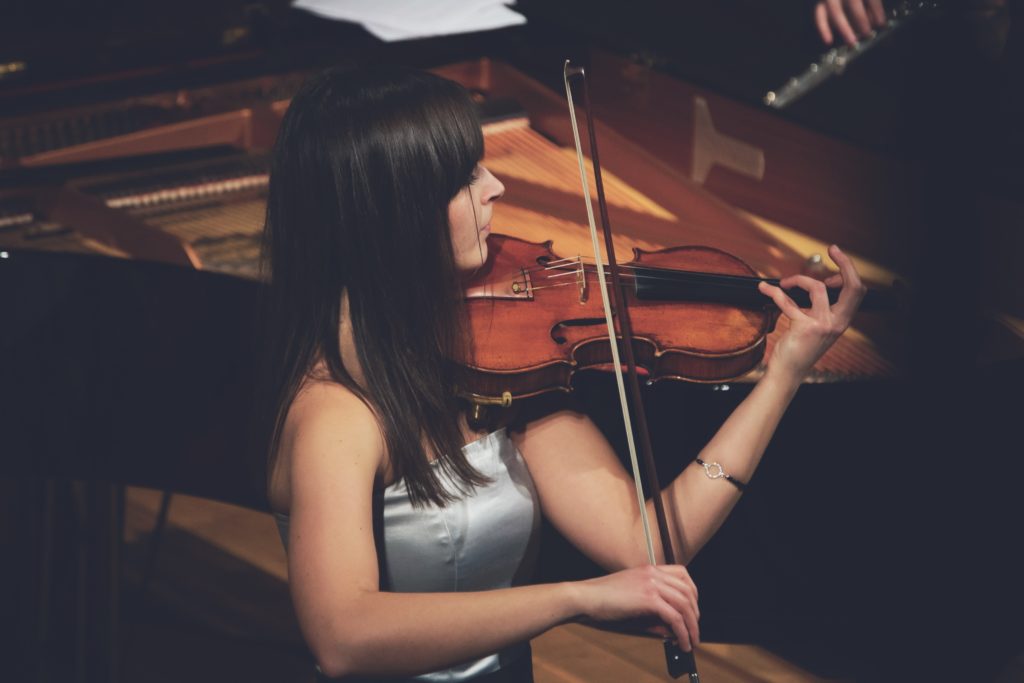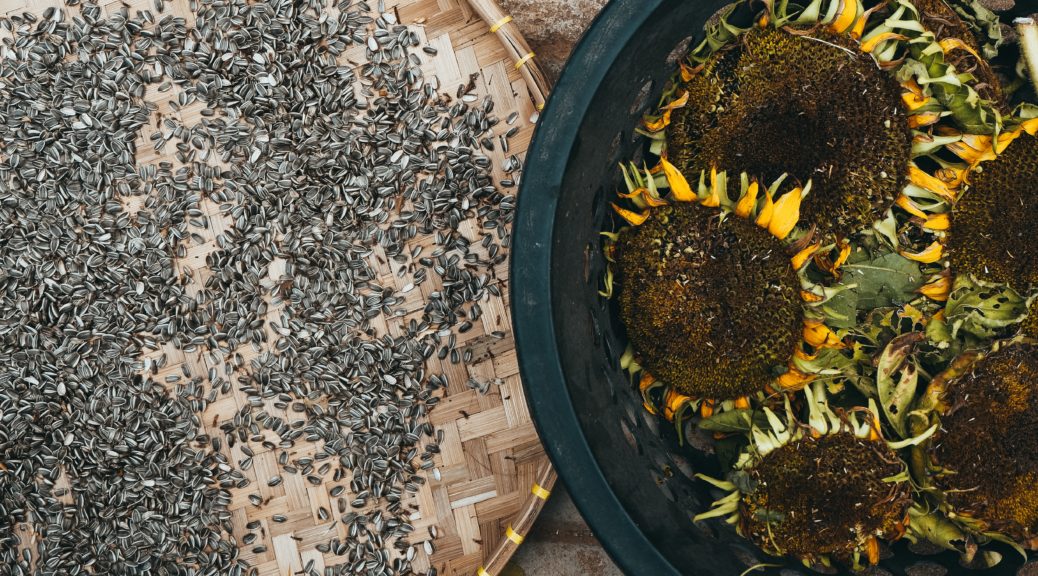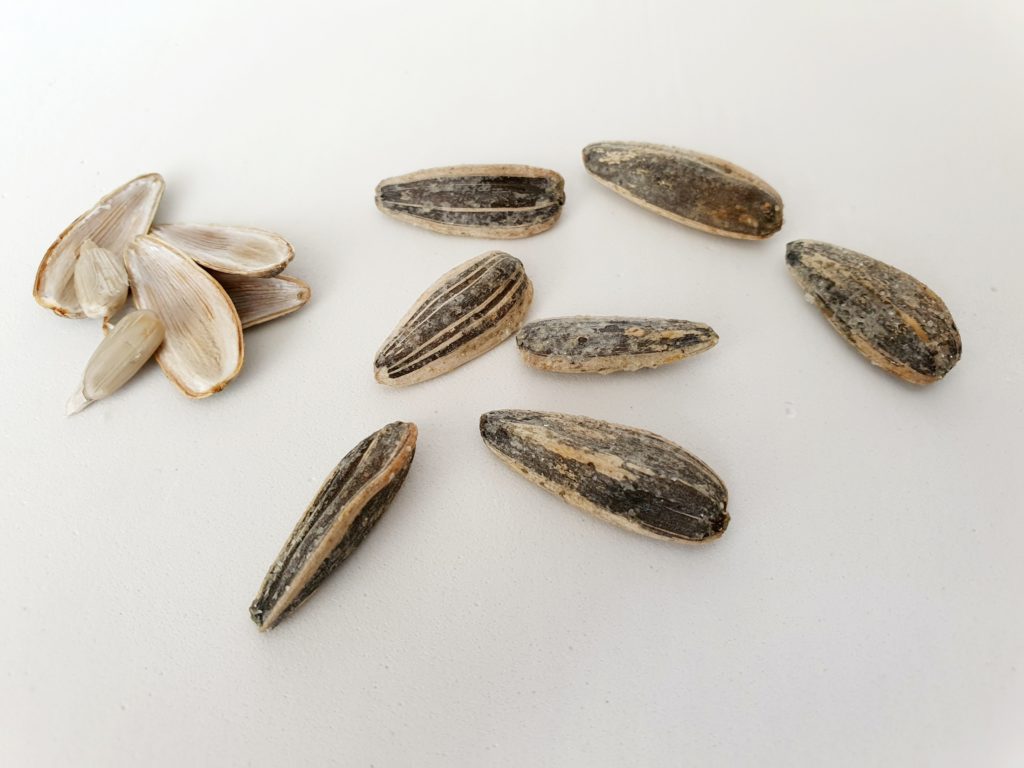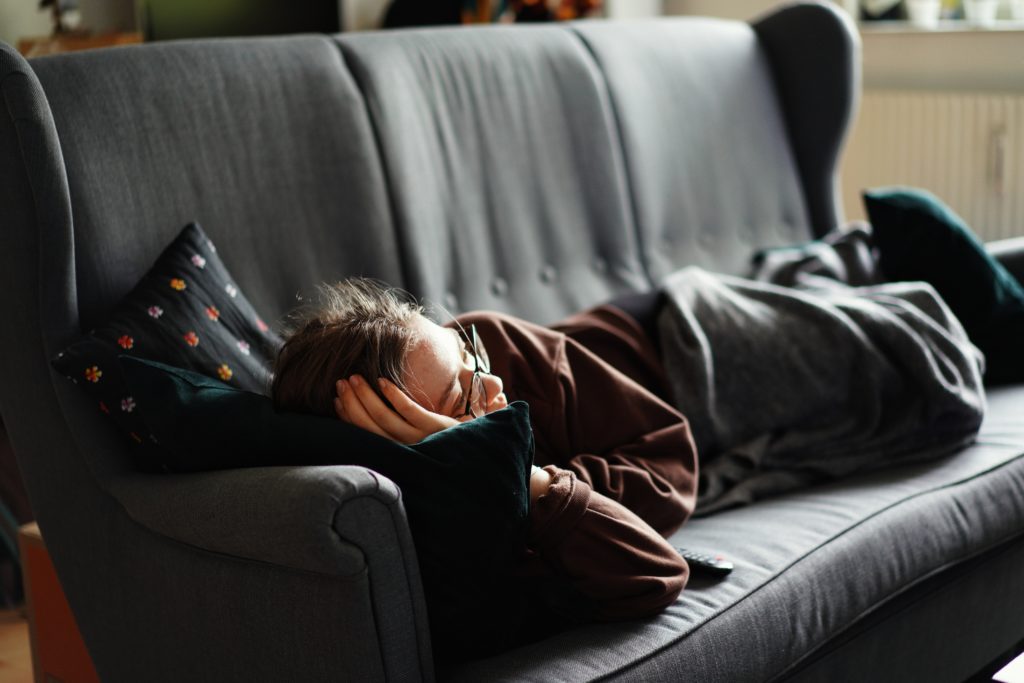By Anahi Terrazas
Terror was all I felt in the days leading up to my flight to Paris. I started to get racing, anxious thoughts questioning what my life abroad would look like—what if I didn’t like my host family? Since I knew nothing about the Paris metro, how would I survive getting around the city? What was I going to do by myself in a foreign country? As embarrassing as it is to admit, the fear paralyzed me. I started to doubt whether studying abroad was the right choice. Despite my angst, I boarded my flight to Paris.
The day after landing in Paris, I started to feel at ease. I got along well with the people in my study abroad program, and the metro was easy to use. But, the aspect that terrified me the most—living with a host family—had yet to be resolved. We learned who our host family would be our second day in Paris, and we didn’t move in with our host family until our fourth day in the city (we stayed in a hotel together our first 3 nights). All I knew before getting into the taxi that would take me to my host family was that I would live in the 13th arrondissement with a lady who worked for the Paris museums and had a 17 year-old daughter and a 15 year-old son.
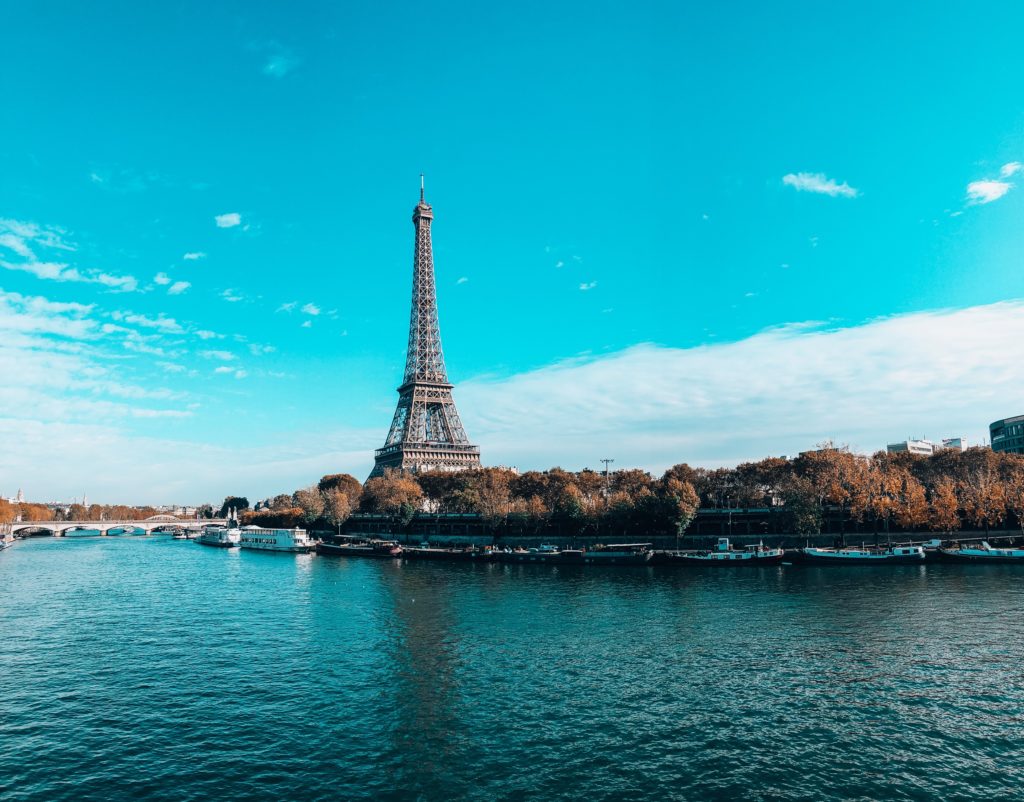
The taxi driver dropped me off with my two large suitcases and backpack on the wrong street corner. I looked down at the address I had written down on my phone, and looked at the Haussmanian buildings in front of me. They all looked the same, I wasn’t sure where to go, and my bags were incredibly difficult to move around. I crossed the street, in hopes of getting closer to where I needed to be, when suddenly I heard “Anahi!”. I looked up and a very French woman approached me, introducing herself and signaling to the apartment complex opposite of me. She grabbed one of my bags and started to guide me.
Her apartment was up the stairs on the first floor, with a beautiful living room that looked out into the busy Parisian street. Colorful art decorated the walls, and the old wooden floors creaked constantly. Her daughter and son greeted me excitedly, giving me a tour of the quaint and traditional Parisian apartment. I was left to unpack while my host family set the table and finished preparing our dinner. At dinner, they were patient with my stuttering around in French, and they did everything in their power to help me feel included. I went to bed that first night with a feeling of warmth, recognizing that I would enjoy my time with my host family.
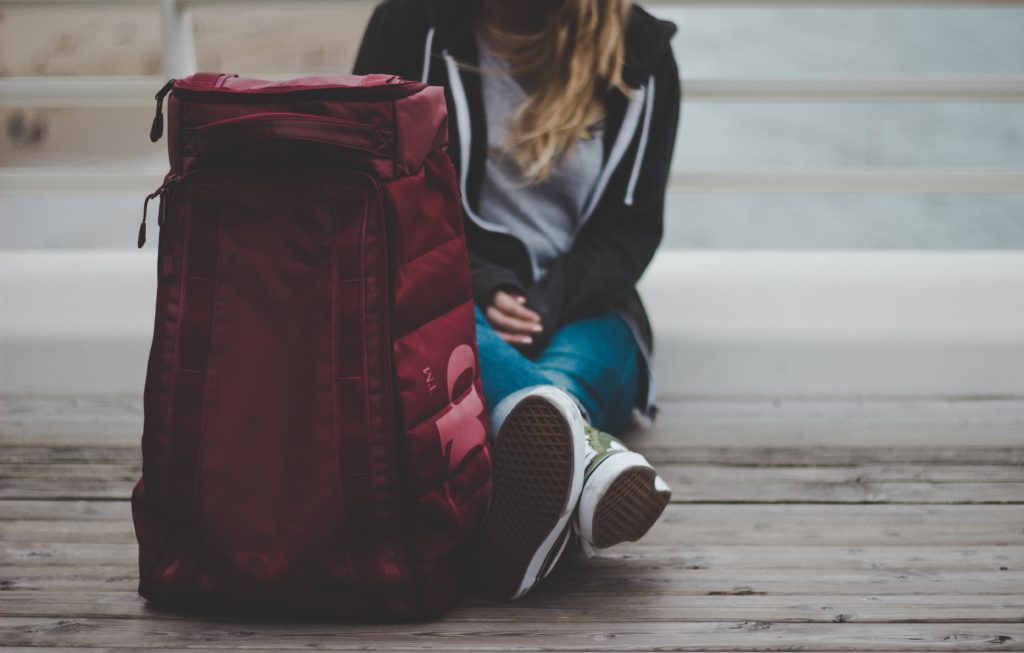
I had dinner with them four to five times a week, had movie nights with them, attended their birthday parties, went to the movie theater and park with them, and spent a weekend at their vacation home in Normandy. We went from complete and utter strangers to an integral part of each other’s lives. I felt at ease with them, chatting with them while I helped prep dinner, sharing stories about the trips I had taken the previous weekend (I believe I spent a total of five weekends in Paris out of the four months I was there). What once was the most frightening aspect of my study abroad experience quickly became one of my favorite parts. As the end of my program approached, the more I realized it would not only be difficult to leave Paris and all my experiences behind, but also leaving the family that had so warmly welcomed me into their home would prove to be a very difficult challenge.
I stayed a few extra days in Paris after my program ended with a friend from back home who came to visit me. We stayed in an Airbnb in the 5th arrondissement, and the night before I left Paris my host family invited me and my friend for dinner. At the end of dinner, I gave them all a hug and I fought tears back as my friend and I walked to the bus station. As soon as I sat on the bus, I started to cry uncontrollably—I would miss them, I would miss Paris, I would miss the freedom of living in a walkable city, I would miss who I became while living abroad.
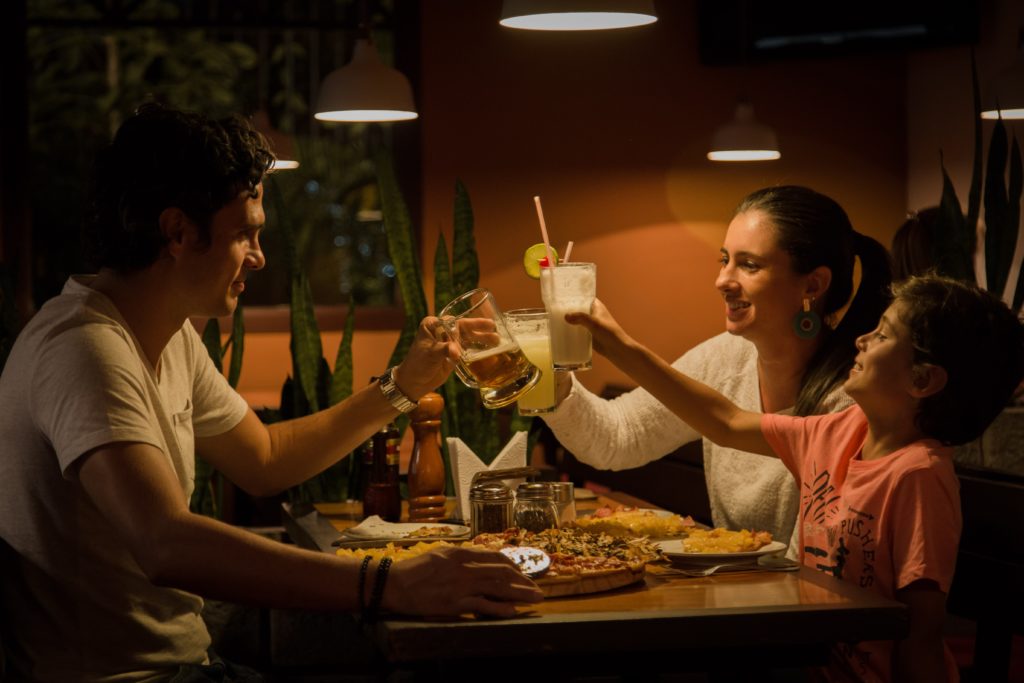
The scariest experiences are often the most valuable ones. I am thankful that I was forced to live with a host family and step out of my comfort zone while living abroad. As cheesy at it sounds, I returned from Paris a completely different person and I recognize that all the terror I felt was actually a sign that I was about to embark on a journey that was good for me. Great life experiences, relationships and cherished memories come from discomfort.
Featured Image by Ross Parmly on Unsplash
Anahi is a Political Science major and a French minor. She is a sophomore and is from El Paso, Texas. She is currently involved with Trojan Herstory as a Content Creator and is an active member of Phi Alpha Delta, a pre-law organization. Anahi is a transfer student and prior to attending USC she attended Florida Atlantic University. Anahi is dedicated to political organizing and has been a part of various organizations such as Students for Bernie and the Florida Immigrant Coalition. In her free time Anahi enjoys yoga, reading, and musical theatre.


